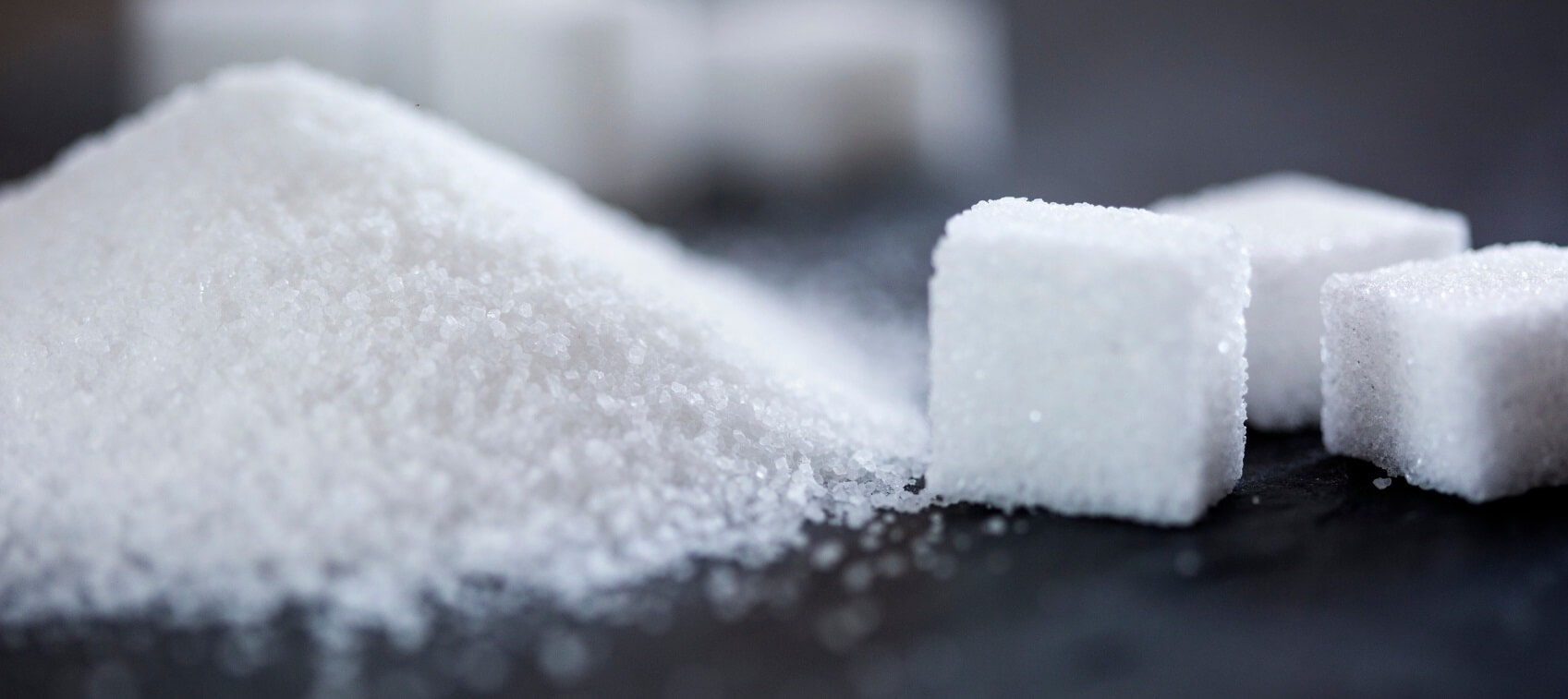
In the U.S. government's 2015-2020 Dietary Guidelines, one of the top recommendations is that all Americans limit their intake of added sugars to no more than 10% of their daily calories. I was thrilled to see that they're finally acknowledging that sugar is a real health hazard.
Yet, getting 10% of your calories from sugar is still far too high when it comes to heart health. For most people eating that amount of sugar would amount to a whopping 12 teaspoons of sugar a day. Plus, you need to factor in your consumption of white flour (bread, pastas, etc.), which the body quickly converts to sugar.
Why Is Sugar Such a Health Hazard?
The problem with sugar is that it contributes to inflammation of the arterial walls. It does that by generating an insulin spike, and when insulin spikes continuously it starts to ravage the fragile, but ultra-important endothelial lining of blood vessels.
If the endothelial lining becomes damaged, all the well-known causes of heart disease problems swarm to the scene and create the inflammatory mayhem that eventually leads to heart attack and stroke.
What’s worse is that excessive sugar consumption can also cause weight gain. Weight gain, combined with sustained high insulin levels, can lead to insulin resistance and diabetes—which further increases your risk of cardiovascular disease.
How To Avoid Heart Disease Caused by Sugar
- Avoid high fructose corn syrup. Most of the sugar you eat is “hidden,” usually under the guise of high fructose corn syrup. This corn-based sweetener is used in thousands of foods, from ketchup and tomato sauce to soft drinks and crackers. Do everything you can to avoid foods containing this sweetener.
- Use natural sweeteners. If you must sweeten foods, add a little fruit juice or try some shredded raw or dried apples, coconut, raisins or dates. Use spices such as cinnamon, cloves or nutmeg. Or experiment with stevia, an herbal supplement that is now available as a sweetener.
- Limit alcohol. This includes wine, beer, and liquor. Many people don’t realize that alcohol contains a large store of hidden sugar.
- Eat an anti-inflammatory Pan-Asian Modified Mediterranean (PAMM) diet. My heart-healthy PAMM eating plan includes 40 to 45 percent slow-burning, low-glycemic index carbohydrates; 30-35 percent healthy fats; and 20-25 percent protein—all of which help to reduce inflammation.
- Restrict bread and bread products as much as you can, especially those containing wheat. Wheat is found in many processed foods, from breads to semolina pasta. But the problem with wheat, according to Dr. William Davis the author of Wheat Belly is that our modern-day wheat is grown from genes that have been spliced over 50,000 times to make it easier to grow and resistant to drought. But that splicing has also resulted in wheat that has a higher glycemic index than table sugar.


